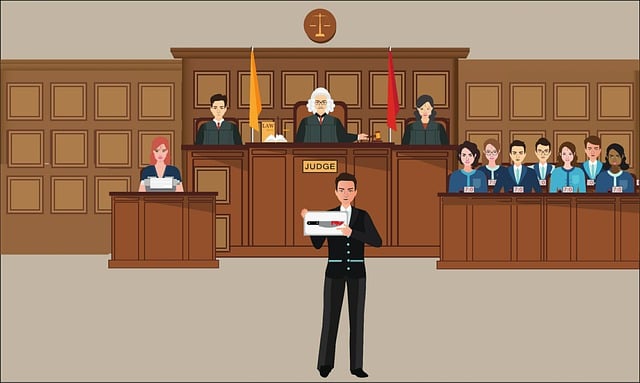Understanding legal frameworks surrounding icy sidewalk falls is essential for both property owners and at-risk individuals. Jurisdiction-specific laws mandate prompt ice/snow removal, with penalties for non-compliance. Individuals injured in such incidents may require legal assistance from specialists to pursue compensation. Establishing liability involves local laws, prior notification of icy conditions, and natural ice formation history. Preventing falls through regular maintenance, anti-ice products, signage, and accessible routes significantly reduces personal injury claims related to icy sidewalks.
“In regions with harsh winters, icy sidewalks pose significant safety risks. Understanding government rules regarding icy sidewalk fall liability is crucial for both property owners and pedestrians. This article navigates the complex landscape of laws surrounding these incidents. We’ll explore who’s liable—property owners or municipalities—and offer prevention strategies. Additionally, learn about dealing with falls, including steps to take promptly to ensure fair compensation. Familiarize yourself with your rights and responsibilities in case of an icy sidewalk mishap.”
- Understanding Icy Sidewalk Fall Liability Laws
- Who Is Liable for Icy Sidewalks?
- Preventing and Dealing with Icy Sidewalk Falls
Understanding Icy Sidewalk Fall Liability Laws

When it comes to icy sidewalk fall liability, understanding the governing laws is paramount for both property owners and individuals prone to slips and falls. Each jurisdiction establishes specific guidelines regarding the responsibilities of landlords or municipalities in maintaining safe public spaces during winter months. These rules are designed to protect pedestrians from potential hazards posed by icy surfaces.
In many regions, property owners or local governments are mandated to remove ice and snow promptly or face legal repercussions. Negligence on their part can lead to personal injury claims, especially if an individual slips and falls due to an untreated icy sidewalk. Engaging the services of a competent auto accident attorney or elder law specialist may be necessary for those injured in such incidents to pursue compensation and ensure their rights are protected by the relevant personal injury attorney.
Who Is Liable for Icy Sidewalks?

When it comes to icy sidewalk falls, establishing liability is a complex matter that often involves legal considerations. In many jurisdictions, property owners are held responsible for maintaining safe walking surfaces on their premises, including sidewalks. This means if someone slips and falls due to ice or snow on a property owner’s sidewalk, the owner may be liable for any resulting injuries.
Determining liability in icy sidewalk fall cases can depend on various factors, such as local laws and specific circumstances. For instance, if a property owner has been notified of an icy condition but fails to take necessary precautions or remove the hazard promptly, they could face legal consequences. Even in cases where the ice formed naturally, certain situations might still lead to liability, especially if there was prior knowledge or a history of similar incidents on the sidewalk. It’s advisable for individuals who have experienced such falls to consult with a truck accident attorney or legal professionals specializing in caregiver negligence or nursing home abuse to understand their rights and options under the law.
Preventing and Dealing with Icy Sidewalk Falls

Preventing and dealing with icy sidewalk falls is a critical aspect of public safety, especially as cold weather sets in. Property owners and local governments have a collective responsibility to ensure that sidewalks are clear of ice and snow, minimizing the risk of hazardous slips and falls. One effective strategy is to employ anti-ice products or salt to melt accumulations before they become dangerous. Regular maintenance, including prompt clearing and treatment of icy patches, can significantly reduce the likelihood of personal injury claims stemming from icy sidewalk falls.
Additionally, implementing clear signage and visible warning markings around known slippery areas can serve as a proactive measure. Property managers and facilities should also consider the needs of individuals with reduced mobility, ensuring accessible routes free from ice to prevent nursing home abuse or other forms of harm. By combining proactive measures, proper maintenance, and awareness, it’s possible to create safer public spaces, reducing the number of icy sidewalk fall incidents and associated personal injury claims.
Knowing and understanding the government rules regarding icy sidewalk fall liability is crucial for both property owners and individuals alike. By recognizing who is liable and implementing preventive measures, we can reduce the risk of falls and keep our communities safer. Stay informed and take proactive steps to ensure a secure walking experience, as preventing these incidents benefits everyone in the long run.






